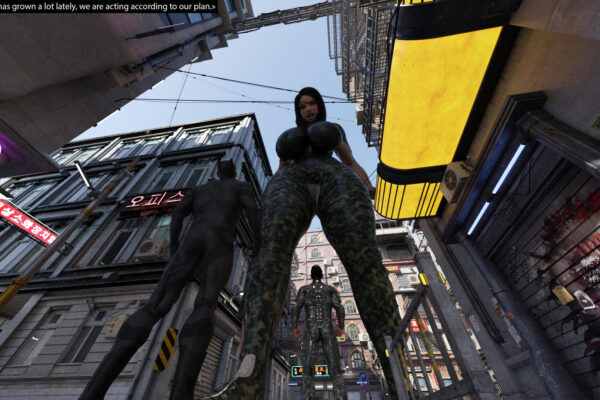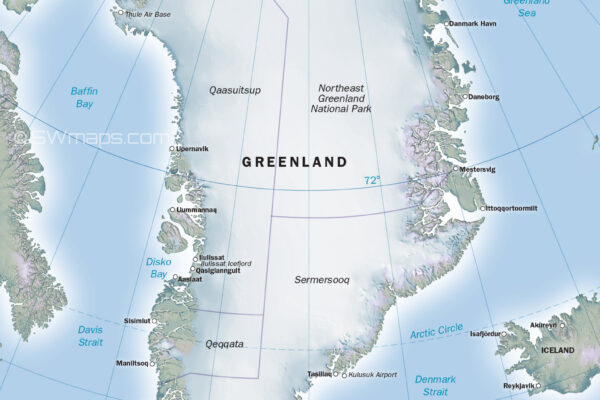
Introduction
Belarus, an Eastern European country bordered by Russia, Ukraine, Poland, Lithuania, and Latvia, has been at the forefront of international news due to its tumultuous political landscape and ongoing civil unrest. Following the controversial 2020 presidential election, which resulted in widespread allegations of fraud and rigged results, the nation has been grappling with protests, oppression, and a shifting geopolitical context. Understanding these developments is crucial for grasping the implications for democracy and human rights in the region.
The Political Climate
Recent events in Belarus have been marked by long-standing President Alexander Lukashenko’s tightening grip on power amid opposition pressures and international scrutiny. After the 2020 elections, widespread protests erupted across the country, leading to severe crackdowns by security forces. The European Union and the United States have imposed sanctions on the Belarusian government, targeting officials responsible for human rights violations. As of now, significant political opposition remains exiled or imprisoned, highlighting the regime’s strategy to suppress dissent.
Societal Response
Despite the suppression, the spirit of resistance persists among many Belarusians. Numerous civil society groups and activists continue to demand political reforms, democratic elections, and the release of political prisoners. Reports indicate a growing civic engagement, with grassroots movements gaining momentum. Additionally, Belarusian diaspora communities across Europe actively advocate for change, further pressuring the Lukashenko regime.
Geopolitical Implications
Belarus’s relationship with Russia remains critical, with increasing integration between the two nations. Recent military agreements and economic collaborations illustrate a solidifying alliance underpinned by the Russian support of Lukashenko’s government. This alliance raises concerns in Europe and the West, particularly as tensions mount along NATO’s eastern flank. The EU’s strategic response to Belarus’s geopolitical positioning continues to evolve, with calls for stronger diplomatic actions and support for opposition voices.
Conclusion
The situation in Belarus encapsulates a broader struggle between authoritarianism and democratic aspirations. As this East European nation continues to navigate through significant internal and external challenges, the resilience of its citizens remains a key point of hope for many. For observers, understanding the ongoing developments in Belarus not only highlights the local struggle for freedom but also underscores the urgency for international actors to respond to the threats against democracy in the region. The forthcoming months will be pivotal in determining whether Belarus will move towards genuine reform or remain entrenched in its current conditions.
You may also like

Current Trends in Crime: An Overview

Understanding the Current Political Landscape in the UK

Understanding the Significance of the Greenland Map
SEARCH
LAST NEWS
- Remembering Wendy Richard: The Promise to Co-Star Natalie Cassidy
- How Did Anglian Water Achieve an ‘Essentials’ Rating for Mental Health Accessibility?
- Shai Hope Leads West Indies in T20 World Cup Clash Against South Africa
- What We Know About Weston McKennie: Future at Juventus and Past at Leeds
- What We Know About the Upcoming Live Nation Antitrust Trial